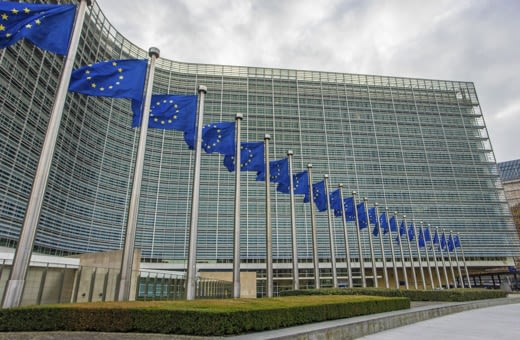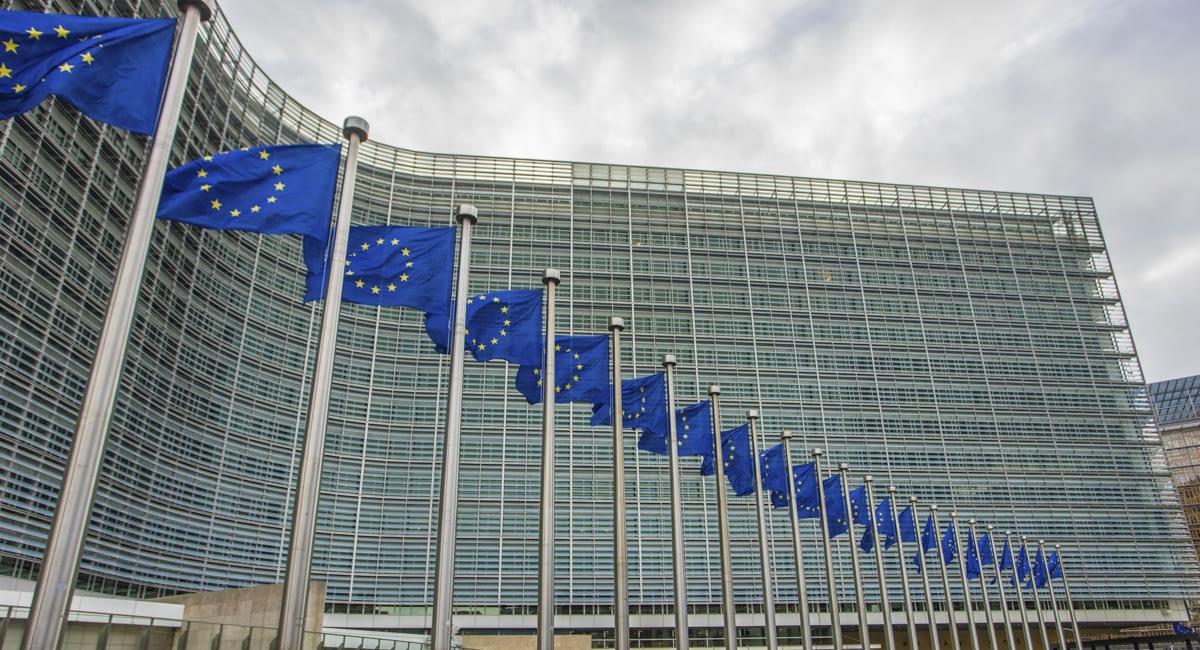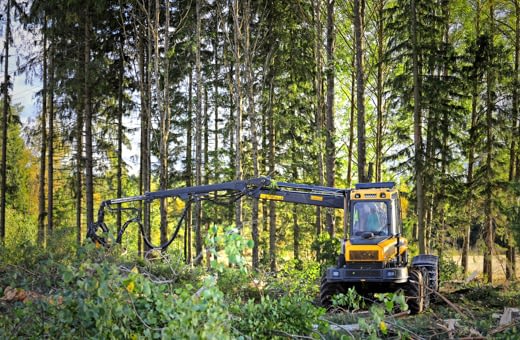Alongside the Competitiveness Compass, the European Commission’s 2025 agenda marks a promising shift towards deregulation, competitiveness, and strategic preparedness. It is encouraging to see an ambitious Commission collaborating with industries from the very beginning of their mandate, setting the tone for a Europe that is more resilient, self-sufficient, and future-proof. Now, we must ensure that every initiative contributes to a strategic and circular economy—one that prioritizes sustainability, European competitiveness, and a non-fossil future.
The forest-based industries stand ready to take a leadership role in this transformation. As a cornerstone of Europe’s bioeconomy, our sector embodies the circular, renewable, and strategic approach that the EU must embrace to enhance self-sufficiency and long-term resilience. Forest-based materials, sustainable construction, fibre-based packaging, and bioenergy will be key to meeting the EU’s sustainability and decarbonization goals while also strengthening industrial competitiveness.
The Commission’s work program outlines crucial initiatives that can support this shift. In line with the Competitiveness Compass published on 29 January, these are the first vital step towards cutting red tape and ensuring that European industry remains agile in the face of global competition. The next, expected to be published on 26 February, the first Omnibus Proposal and the Clean Industrial Deal, we expect to support Forest based industries in clarifying and simplifying the regulatory landscape as well as supporting our development and market demand for our fossil-alternative solutions.
The 2025 Commission’s work programme outlines further initiatives we can look forward to in the year to come including the Industrial Decarbonisation Accelerator Act (Q4 2025) signalling an understanding that sustainability and industrial strength must go hand in hand, as well as the Bioeconomy Strategy (Q4 2025) presenting an opportunity to position renewable materials, including forest-based solutions, at the core of Europe’s economic and environmental strategy. Furthermore, the EU’s focus on preparedness and resilience, as highlighted by the EU Preparedness Union Strategy (Q1/Q2 2025) and the European Water Resilience Strategy (Q2 2025), is a welcome recognition of the need to future-proof our industries. Securing sustainable raw materials and ensuring stable supply chains must be a priority, and our sector offers innovative solutions to reduce dependence on fossil-based and imported materials.
The forest-based industries are not just participants in this transformation—we are central to delivering a green, competitive, and resilient Europe. It is imperative that the upcoming legislative processes and strategies fully acknowledge and support industries that drive sustainable innovation. The Commission’s agenda sets a solid foundation, but now, we must actively shape its implementation to ensure that Europe’s transition is built on sustainable, renewable, and future-proof solutions.
Let’s work together to ensure that the forest industry remains at the heart of Europe’s strategic agenda. Our planet needs us, and Europe’s future depends on industries that are prepared to lead the way.





